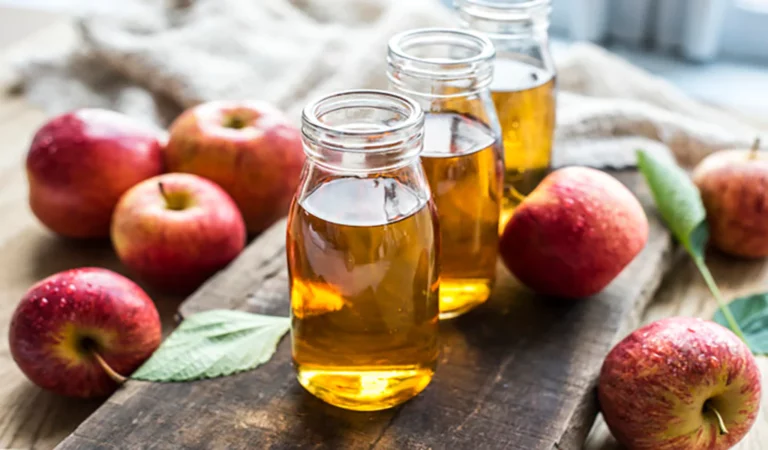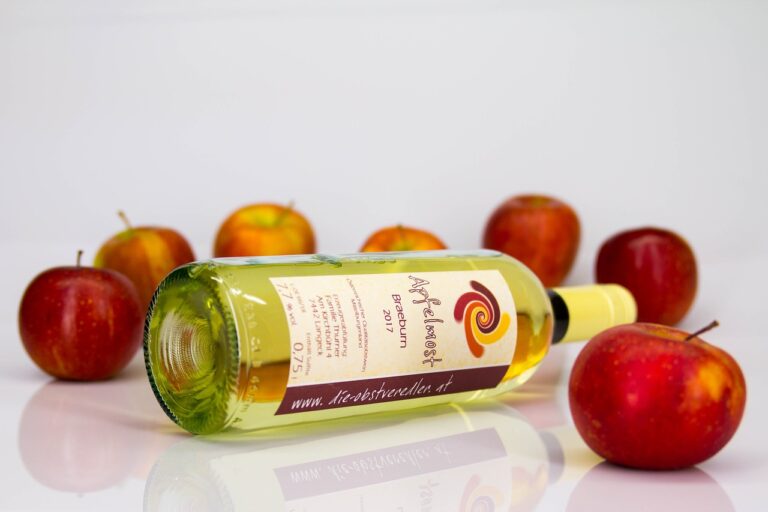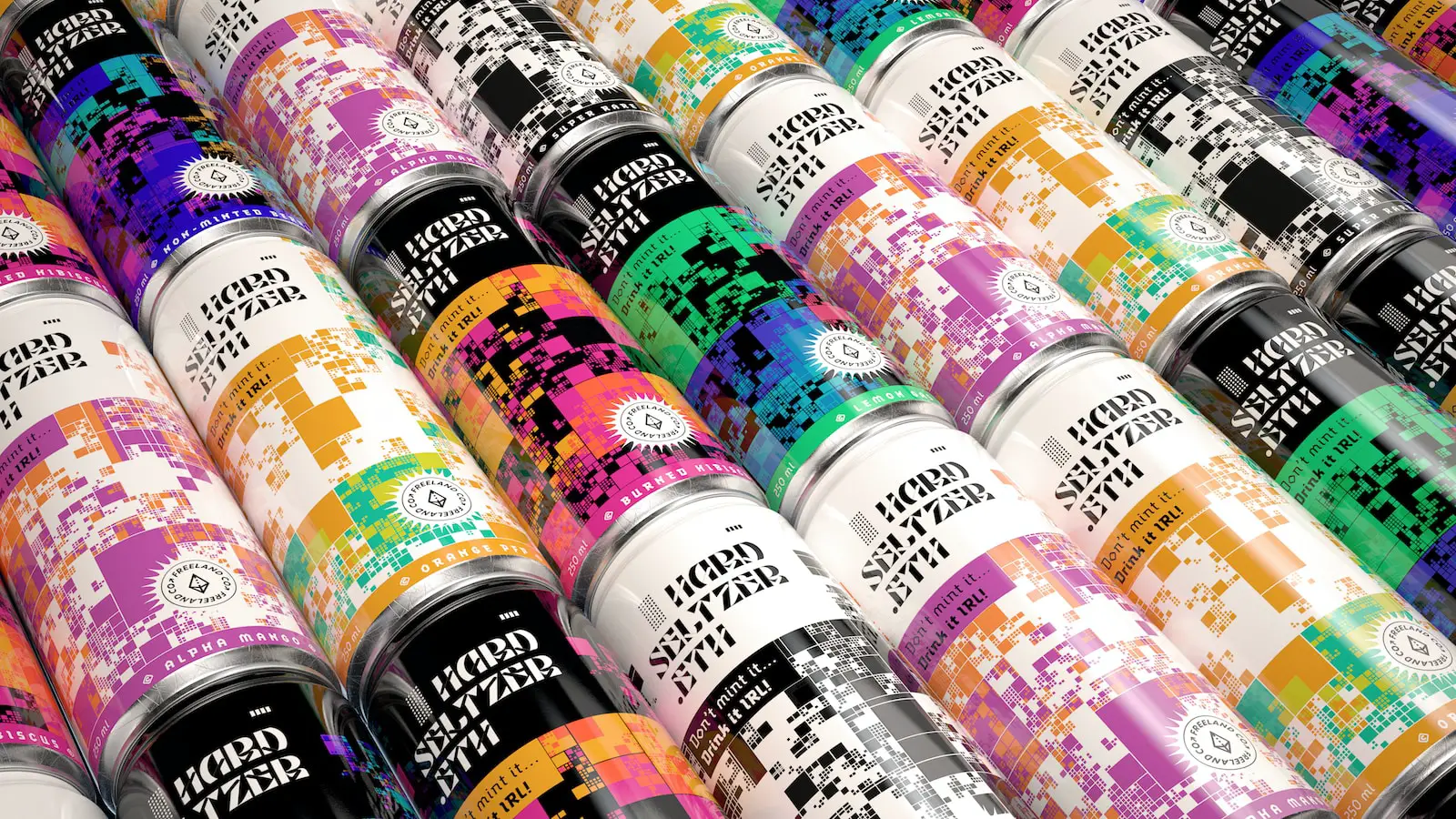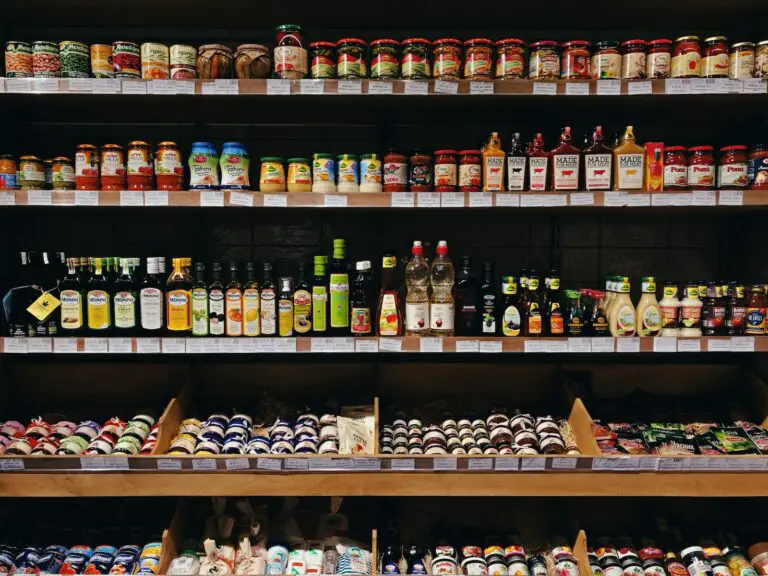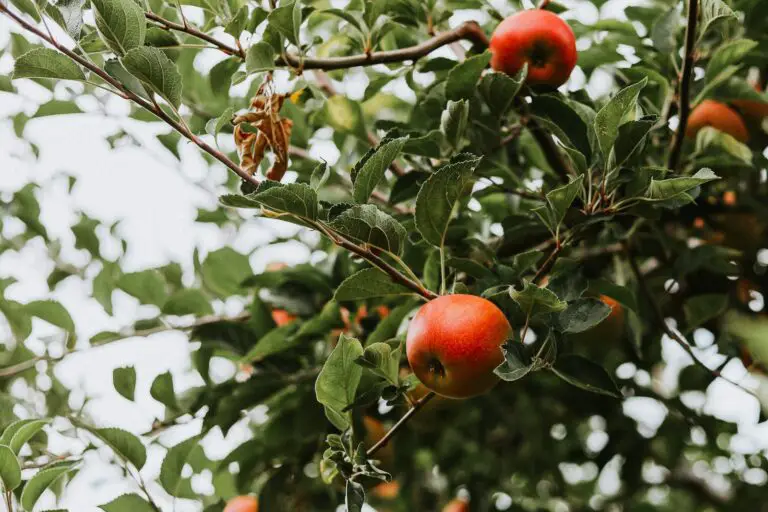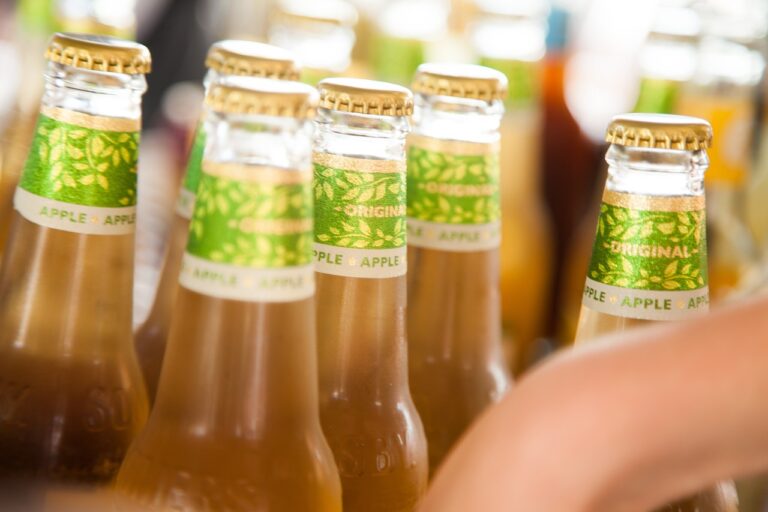If you are a cooking or baking enthusiast you must have come across an ingredient called rum extract.
And if you have not used it prior, it must have made you wonder whether rum extract contains alcohol or not.
Well, let’s find out together.
We will be taking a closer look at the ingredient of rum extract and the different types available on the market.
So, let’s dive in!
What Are the Main Ingredients of Rum Extract?
The simplest way to determine whether rum extract includes alcohol or not is to look at the ingredients first.
Rum extract is a flavoring agent that is commonly used in baking, cooking, and cocktail-making.
It is made by extracting essential oils and flavors from rum using alcohol as a solvent.
The main ingredients of rum extract are rum, water, and alcohol.
Rum is the primary flavoring agent and gives the extract its distinct, rich, and slightly sweet taste.
Water is used to dilute the rum and alcohol is added to preserve the extract and extend its shelf life.
Some manufacturers may also add sugar or other flavorings to enhance the taste of the extract.
The exact proportions of these ingredients may vary depending on the manufacturer, but the main ingredients remain consistent.
So, yes, rum extract does indeed contain alcohol. Rum extract has an alcohol by volume of roughly 35%.
Are There Any Non-Alcoholic Rum Extracts?
Well yes, there are some non-alcoholic rum extracts available in the market.
It is made by extracting essential oils and flavors from rum using water as a solvent instead of alcohol.
The main ingredients of non-alcoholic rum extract are water, rum flavoring, and other natural or artificial flavorings.
The rum flavoring used in non-alcoholic rum extract is usually made from a blend of natural and artificial ingredients to create a taste that is similar to that of traditional rum extract.
Non-alcoholic rum extract is a great alternative for those who prefer not to use alcohol in their recipes, including children and individuals who avoid alcohol for religious or health reasons.
Rum extract substitutes
So, in case you don’t have rum extract on hand or prefer not to use it in your recipes, there are several substitutes that you can use to achieve a similar flavor.
Alcoholic substitutes
· Rum
One option is to use real rum, but this is not suitable for all recipes, especially those that require the liquid to be cooked or baked for an extended period.
· Other alcohol extracts
Alternatively, you can use other alcohol extracts, such as bourbon or whiskey, to add a similar depth of flavor to your dishes.
Non-alcoholic substitutes
· Vanilla extract
It is another commonly used substitute that can be used in place of rum extract in many recipes, as it has a similar sweet and aromatic flavor profile.
· Apple cider
It can also be used as a substitute, it tastes sweet and fruity, not unlike rum.
You can use the same volume of apple cider in place of the rum specified in the recipe.
· Molasses
This can also be used as a substitute, as it has a similar sweet and slightly bitter taste to rum.
· Pineapple juice
It tastes something like rum and has citrus and vanilla undertones. The same quantity of pineapple juice can be used as specified in the recipe when substituting pineapple juice for rum.
· Coconut milk
The sweet, tropical flavor profile of coconut milk is somewhat similar to that of rum extract, which is why it is also a good substitute.
· Almond extract
It tastes like rum and is sweet and nutty.
Because almond extract has such a strong flavor, you can use a little less than the recipe mentions when using it to replace rum.
· Non-alcoholic rum extract
Finally, some manufacturers produce artificial rum flavoring, which can be used in place of real rum or rum extract.
The choice of substitute will depend on the specific recipe and personal preference, but with a little experimentation, you can achieve a delicious result.
Why rum extract is used in recipes?
Rum extract is used in recipes for its distinct, rich, and slightly sweet flavor.
It is commonly used in baking recipes such as cakes, cookies, and pies, to add a unique flavor and aroma to the finished product.
Additionally, it is often used in cocktails and other mixed drinks to add a complex and layered flavor profile.
Rum extract can also be used in savory recipes, such as marinades or sauces, to add a depth of flavor and complexity to the dish.
Furthermore, rum extract is a popular ingredient in Caribbean cuisine, where it is used in a variety of recipes to add a tropical and festive flavor.
Overall, the use of rum extract in recipes can add a unique and delicious flavor that is difficult to replicate with other ingredients.
How to Use Rum Extract in Recipes?
When using rum extract in recipes, it is important to use the correct amount to achieve the desired flavor profile.
A general rule of thumb is to use one teaspoon of rum extract for every three tablespoons of real dark rum that the recipe calls for.
And one tablespoon of rum extract for every five tablespoons of light rum.
However, the amount may vary depending on the strength of the extract and personal preference.
It is always best to start with a small amount and add more as needed, tasting the mixture as you go.
When adding rum extract to baked goods, it is recommended to mix it with the other liquid ingredients before adding it to the dry ingredients.
This ensures that the extract is evenly distributed throughout the batter or dough.
In cocktails, rum extract can be added directly to the drink and stirred until fully incorporated.
Overall, the key to using rum extract in recipes is to experiment with the amount and find the right balance to achieve the desired flavor profile.
Conclusion
So, now you know that the rum extract does indeed contains alcohol.
But not to fuss, if you are not comfortable using alcoholic rum extract in your recipes, then you can always opt for the non-alcoholic rum extract.
Or you can just use the substitutes that are already present in your pantry.
So, don’t worry and start cooking!


